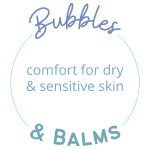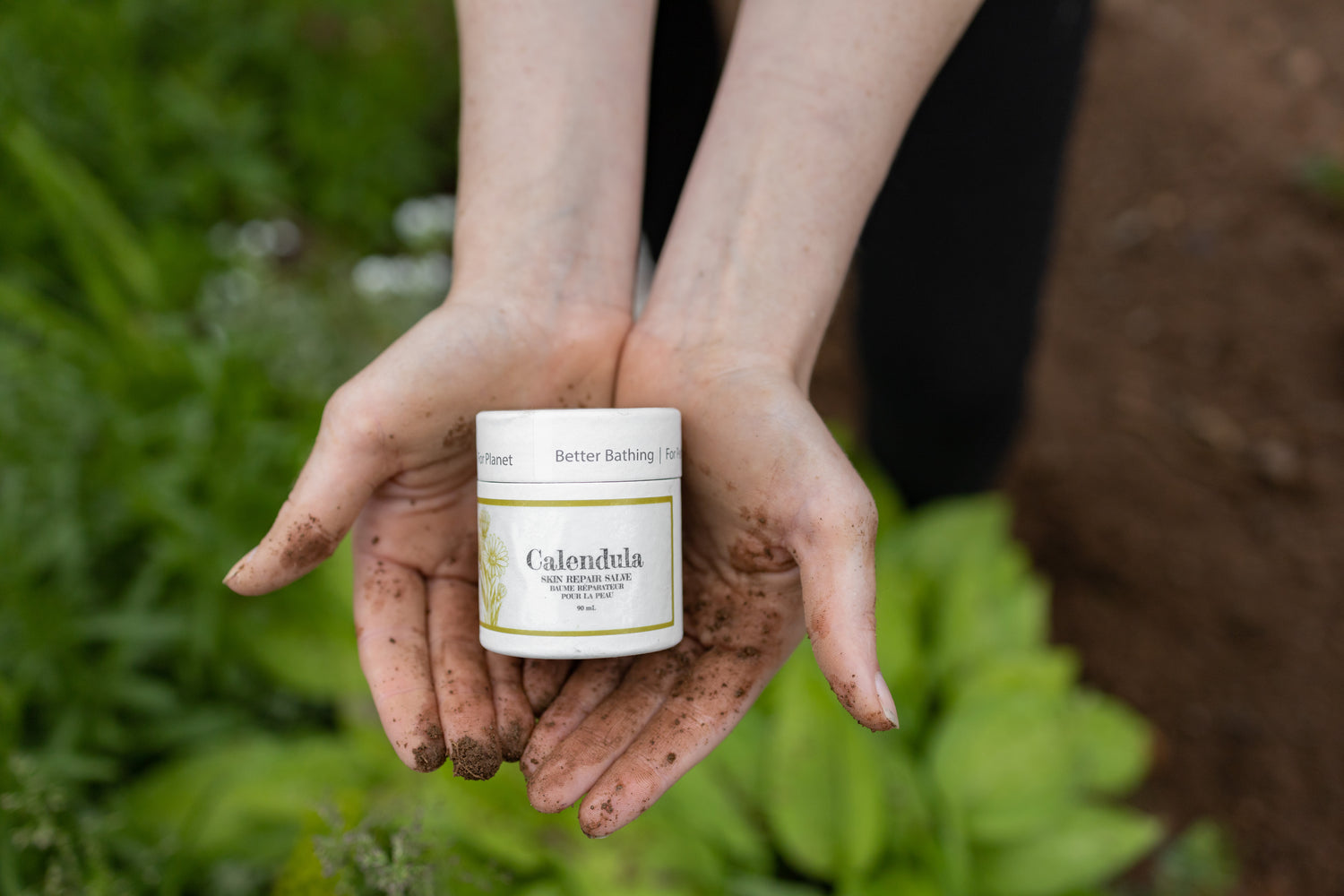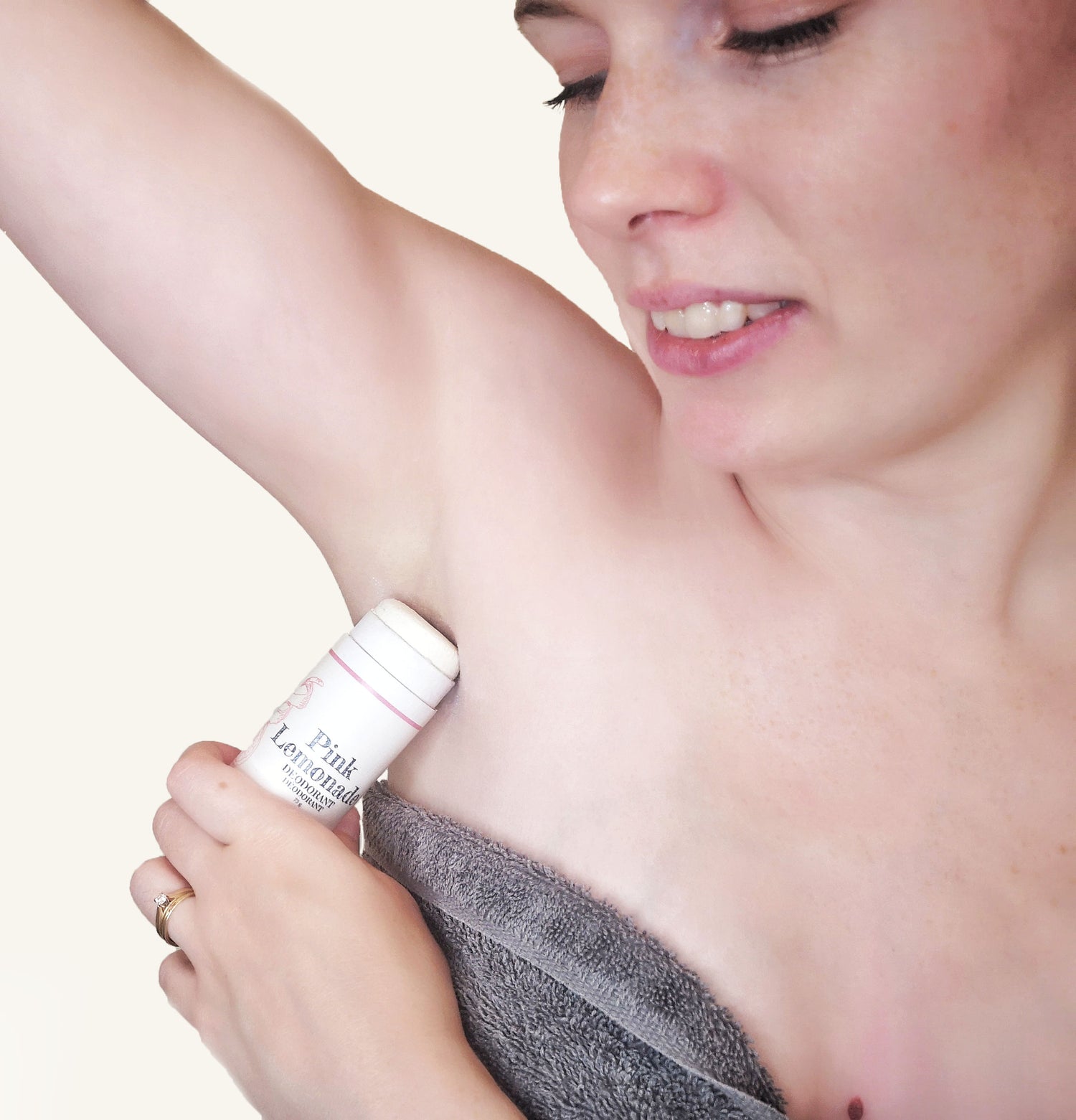Whether you call it a shimmer, sheen, sparkle, gleam, glitter, or twinkle, it is easy to fall in love with the vibrant colours available in cosmetics. But are there any worries about using them? And why is Bubbles & Balms now opposed to some of the colourants that we had raved about in the past? We will explore these questions in this blog, starting with looking at WHY are we so attracted to sparkly things in the first place?
We had guessed rarity and luxury, but Belgian researchers published results in a 2014 journal that show a need of water for survival as the reason we prefer glossy and sparkly things. It turns out, that glitter bomb wedding invitation you just received wasn't just covered with craft herpes, it may be a sign that your friend was excessively thirsty! Perhaps a Brita would be the perfect wedding gift!?!
So, we're naturally going to be drawn towards sparkly things, but does indulging that desire put us in harms way as it relates to our cosmetics?
We will focus on the colourants that are relevant to the BnB Community; micas, oxides, clays and plant extracts. These are the relevant colourants because we have used them exclusively in creating the colour palette found in our catalogue of products since our founding.
The good news is none of our ingredients are going to be found on the Health Canada Cosmetic Ingredient Hotlist or on the more comprehensive European Union list. This means they are considered perfectly safe to use by the relevant authorities in the most stringent jurisdictions.
As of the writing of this blog, we only use clays and plant extracts to create the colours in our soaps (recent switch, will explain below). Both are already widely reputed for their skin-nourishing elements, and provide soft, somewhat muted colours to our soaps that look and feel as natural as the product genuinely is. We use unprocessed red, green, purple and pink clays from ethical mining operations in France and Brazil, and powdered plant extracts from species of Indigo, Spirulina, and Dyer's Alkanet.
We no longer use Mica. There are occupational health and safety requirements in the mining, manufacturing and construction industries when working with Micas. This is because the finely milled dust particles can be inhaled and irritate the lungs, resulting in scarring, persistent cough and shortness of breath. But once fixed into a cosmetic, there is no concern during product use. Our concern was never safety, but labour practices.
Mica (Muscovite) is a blanket term applied to a wide number of silicate minerals that are sourced through mining. The largest natural deposits are found in some of the poorest regions of India, making child labour a common practice in the mining operations. We could not trace the source of our natural micas, and have decided that no risk of supporting child labour is acceptable. We also refuse to use synthetics, so switching to a lab-produced Fluorophlogopite (synthetic mica) was never an option for us.
There are some health concerns around natural oxides, as there is potential for contamination with heavy metals (Lead, Arsenic, etc.), but our primary challenge was being certain that what we were sourcing was naturally and ethically mined. The common solution to both is to use lab-produced Iron Oxide or Titanium Dioxide, which do create the most vibrant colours in soaps, but would again require us to stray from our 100% natural commitment to our BnB Community.
At the end of the day, as we read about how the same micas and oxides that were in eye shadow and lip gloss are also in paints, rubbers, plastics, and wall board, we decided to just say NO to the whole mess. We'll be over here playing with our clays and plant extracts, getting our sparkles from the bodies of water around us and feeling better knowing that sometimes saying NO to all options is better than trying to pick between choices that compromise our values.



